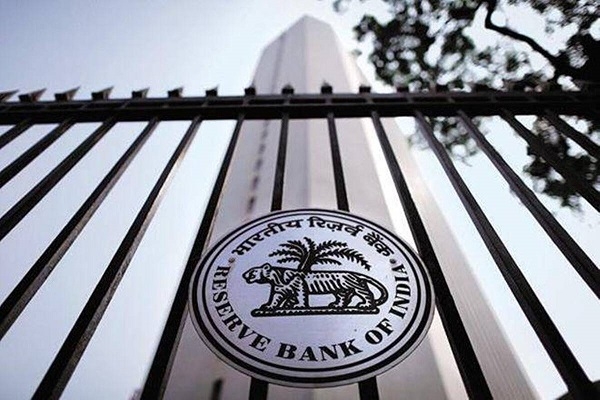India's external debt contracts 0.7% by June
Total Views |
New Delhi, October 1: India’s external debt stood at USD 554.5 billion at end-June, recording a decrease of USD 3.9 billion over its level at the end of March 2020, the RBI said on Wednesday. Further, the external debt to GDP ratio increased to 21.8 per cent at June-end 2020 from 20.6 per cent as on March 31.
Valuation loss due to the depreciation of the US dollar vis-a-vis major currencies such as euro, yen and SDR was at USD 0.7 billion. “Excluding the valuation effect, the decrease in external debt would have been USD 4.5 billion instead of USD 3.9 billion at end-June 2020 over end-March 2020,” the central bank said.

As per the data, commercial borrowings remained the largest component of external debt, with a share of 38.1 per cent, followed by non-resident deposits (23.9 per cent) and short-term trade credit (18.2 per cent). As on June 30, long-term debt (with original maturity of above one year) was placed at USD 449.5 billion, recording a decrease of USD 2 billion over its level at March-end, the central bank said.
The share of short-term debt in total external debt declined to 18.9 per cent as on June 30 from 19.1 per cent at end-March. The Reserve Bank said the US dollar denominated debt remained the largest component of India’s external debt, with a share of 53.9 per cent at end-June followed by the Indian rupee (31.6 per cent), yen (5.7 per cent), SDR (4.5 per cent) and the euro (3.5 per cent).
The instrument-wise classification shows that the loans were the largest component of external debt, with a share of 35.4 per cent, followed by currency and deposits, trade credit and advances and debt securities. Further, the borrower-wise classification shows that the outstanding debt of both government and non-government sectors decreased at end-June 2020.
RBI also said debt service (principal repayments plus interest payments) increased to 8.1 per cent of current receipts at end-June 2020 as compared with 6.5 per cent at end-March 2020, reflecting lower current receipts.

